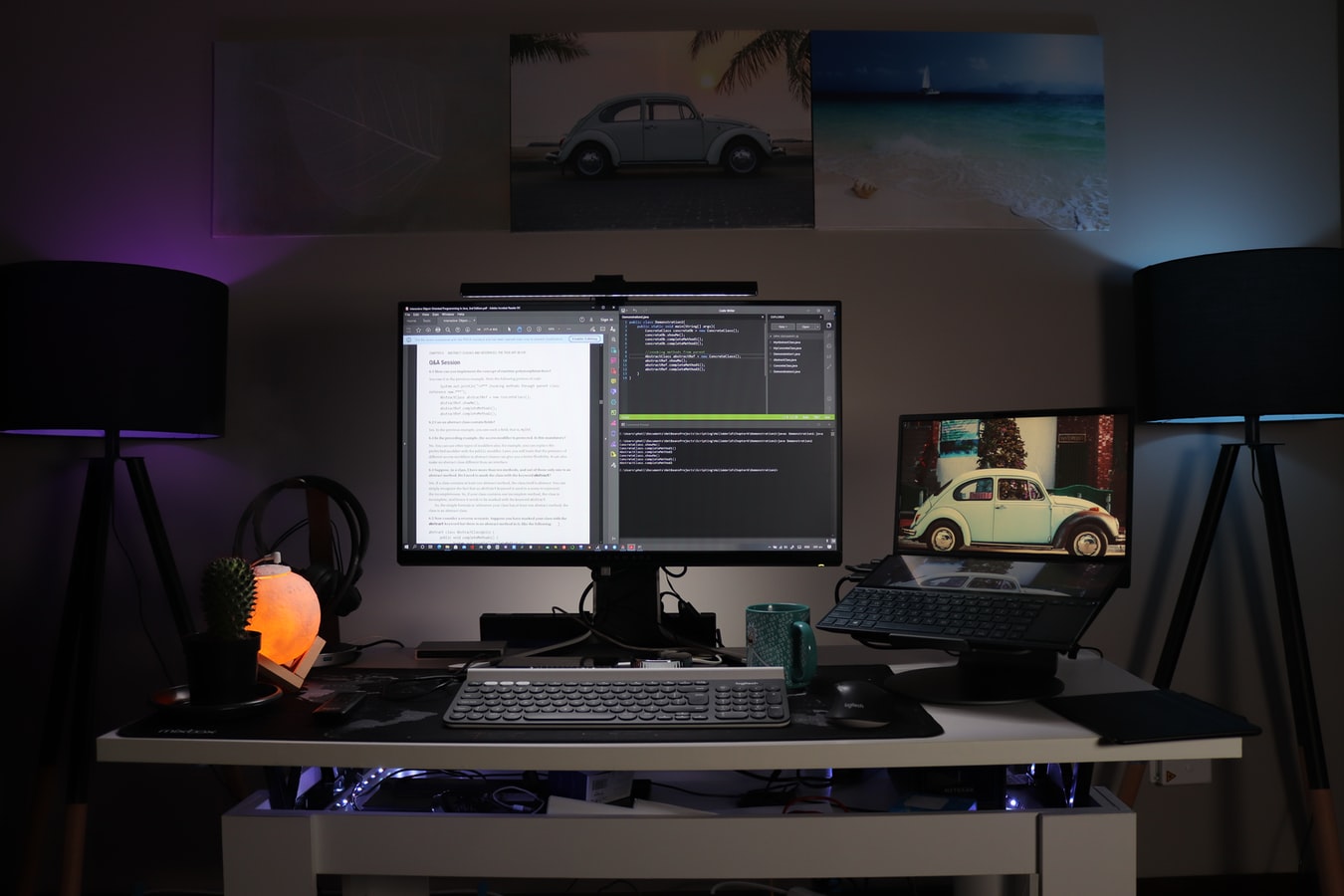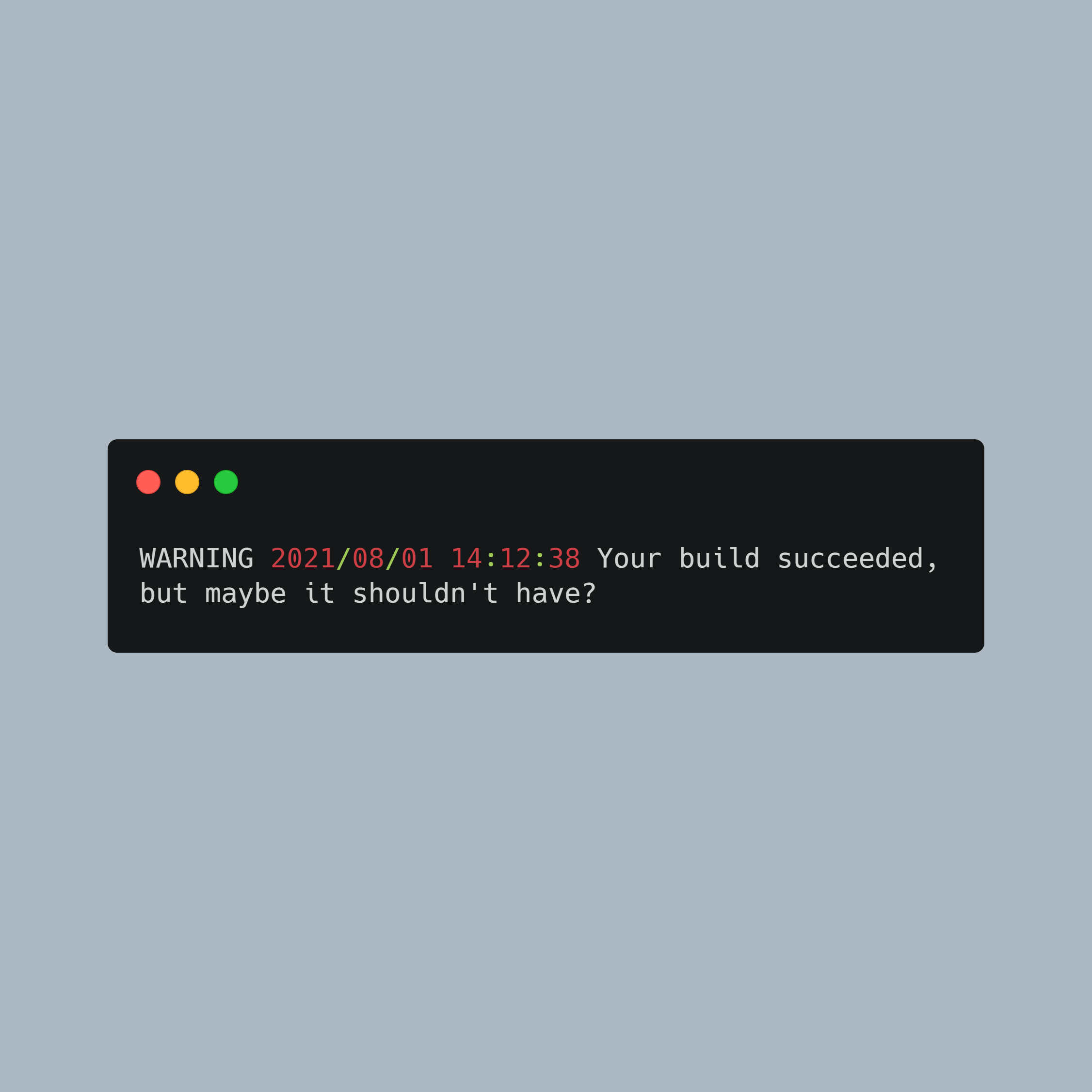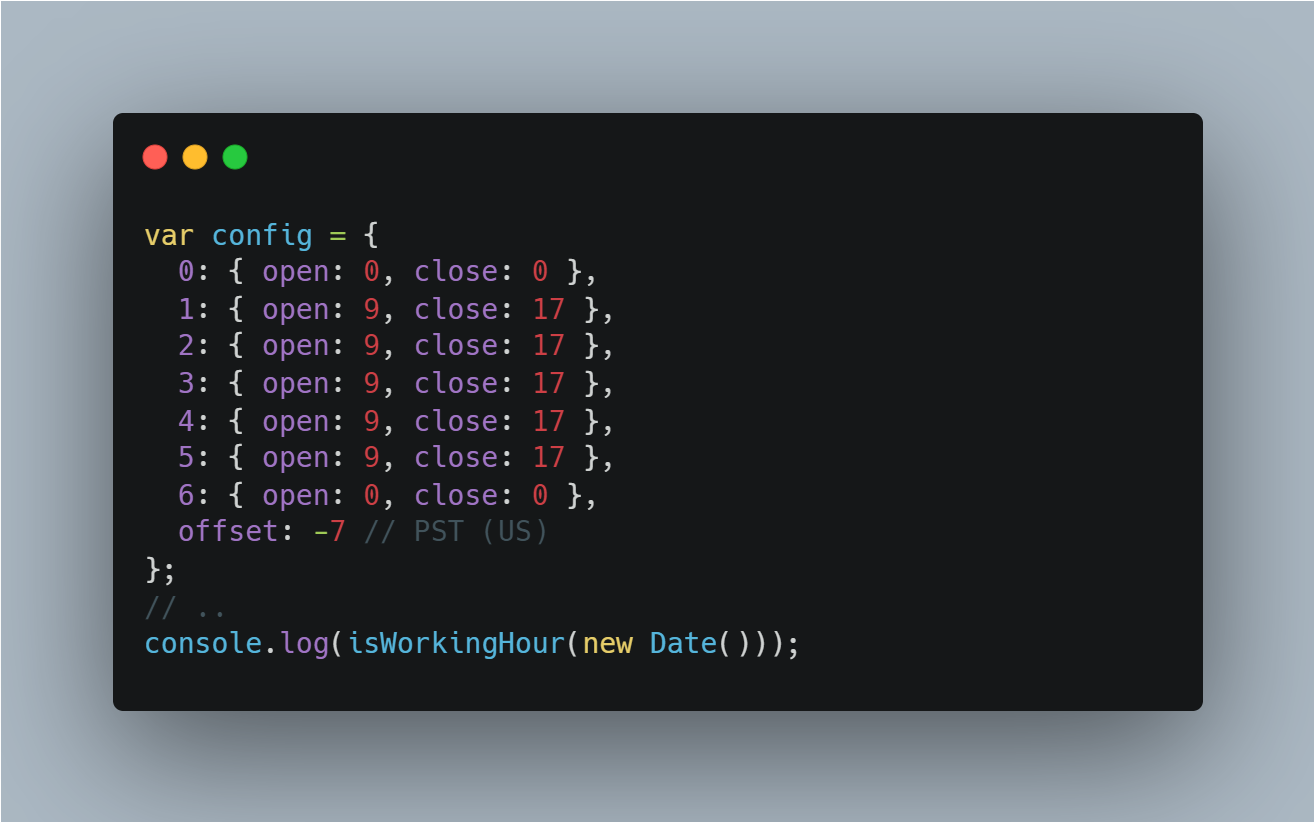
I’ve been a remote product manager since 2018, and have never looked back. The responsibility to bring teams together and unite them to solve problems for our end users, is immensely powerful.
Product managers are expected to come with immense curiosity, creative thinking, problem solving and leadership skills. Yet, knowing that you’re a good product manager, demonstrating it to your team, and communicating it to your next employer, are completely different skills to have as well.
In this post, I’ve tried highlighting ways in which I’ve communicated to possible interviewers about my background, skill and value as a product manager in their company.
I’m a passionate product management professional with over 5 years of experience in building, scaling and partnering with initiatives.
I aim to combine my insights in design, S.E.O, product development, marketing & AGILE methodologies to collaboratively identify pain points, automate/optimize workflows and solve our user’s most pressing problems.
I’ve worked (remotely and on-ground) to help product teams build empathy towards each other, and the product’s vision. I’m also confident with public speaking, leading client meetings and facilitating product demos.
I’ve always been an avid learner. Just as we say “Entrepeneurs should have lived experience of their user’s problem”, I believe PM’s should have lived experience of their team’s skillsets.
I’ve grown from being a designer, to a marketer, to a product developer, to now be a product manager. At HelmOfEight, I’ve been the sole engine driving the entire product management vertical of the company, handholding institutions and clients across the board.
At Risevertise, I was responsible in pivoting the loss-making marketing agency into a profitable design studio. At TheMindClan, I did user research, product design and development entirely myself, to help make mental health accessible to people in India.
At TheMindClan, we also bagged a finalist’s spot at Netlify.com’s JAMmies Award.
Something I mentioned in my last product talk was “Trust your hunch to get yourself into the room with your customers but rely on data to know if you’re welcome there”.
Apart from using Matomo (personal preference, alternative to Google Analytics), my personal preference to analyze data is Metabase.
Often rely on Metabase for quick visualizations. I’ve also spent a fair bit of time using the analytics API’s, to have Python take care of visualization for me as well.
Apart from the projects and products we incubate at my current company, I’m blessed to have launched my own startup in the mental health space. Being an employee at a startup helps build empathy towards a founder’s vision but being an entrepreneur yourself helps you recognize where their vision and biases come from.
At TheMindClan.com, I’ve spearheaded everything from ideation to prototyping, to development & scaling. It gave me the push I needed to pick up website development, automation, and many other things I’m passionate about today.
We’ve not only scaled to over a thousand users during the pandemic, but also have managed to disrupt a (globally) stigmatized sector.
I’ve highlighted all our accomplishments in my resume (including being finalists at Netlify’s JAMstack awards), if you’d like to know more :)
In my experience, any time I’ve seen things not work out as planned, it’s been due to one reason. We move from solving the challenges of our customers, to solving the challenges of our own business’s top/bottom line.
As product managers, we must learn how to create a healthy balance of both, rather than trade one for the other, and when we don’t, that’s when we fail.
I plug myself in at the intersection of design, technology and identifying a customer’s needs.
- My background as a designer and developer, has helped me empathize with both their pain points and help bring teams into a consensus.
- My experience being the user of (your) products has helped me understand the true pain points they are experience.
- My experience as the founder of my own startup, has helped me empathize with the tough decisions founders have to take.
I’ve always stepped up in tough moments, and up-skilled myself where necessary, all to ensure our product keeps providing tangible value to our users. I’m ready to make mistakes, I’m ready to learn, but more than anything, I’m ready to help make this product grow.
I learn Indian Classical (Carnatic) music, game online, grab my camera and go on photo-walks, and just spend time indoors chilling with my cat. 🐱
Being an entrepreneur is an integral part of my identity, and you’d always find me moonlighting with my startup and experimenting with various concepts during my time off.
Hope this article gave you an insight into who I am personally and professionally, and has given you a few things to think about in your next interview.
It may not be as conversational as the ones I’ve always had, but don’t lose hope, an opportunity should present itself that let’s you know that you’re indeed worthy.



